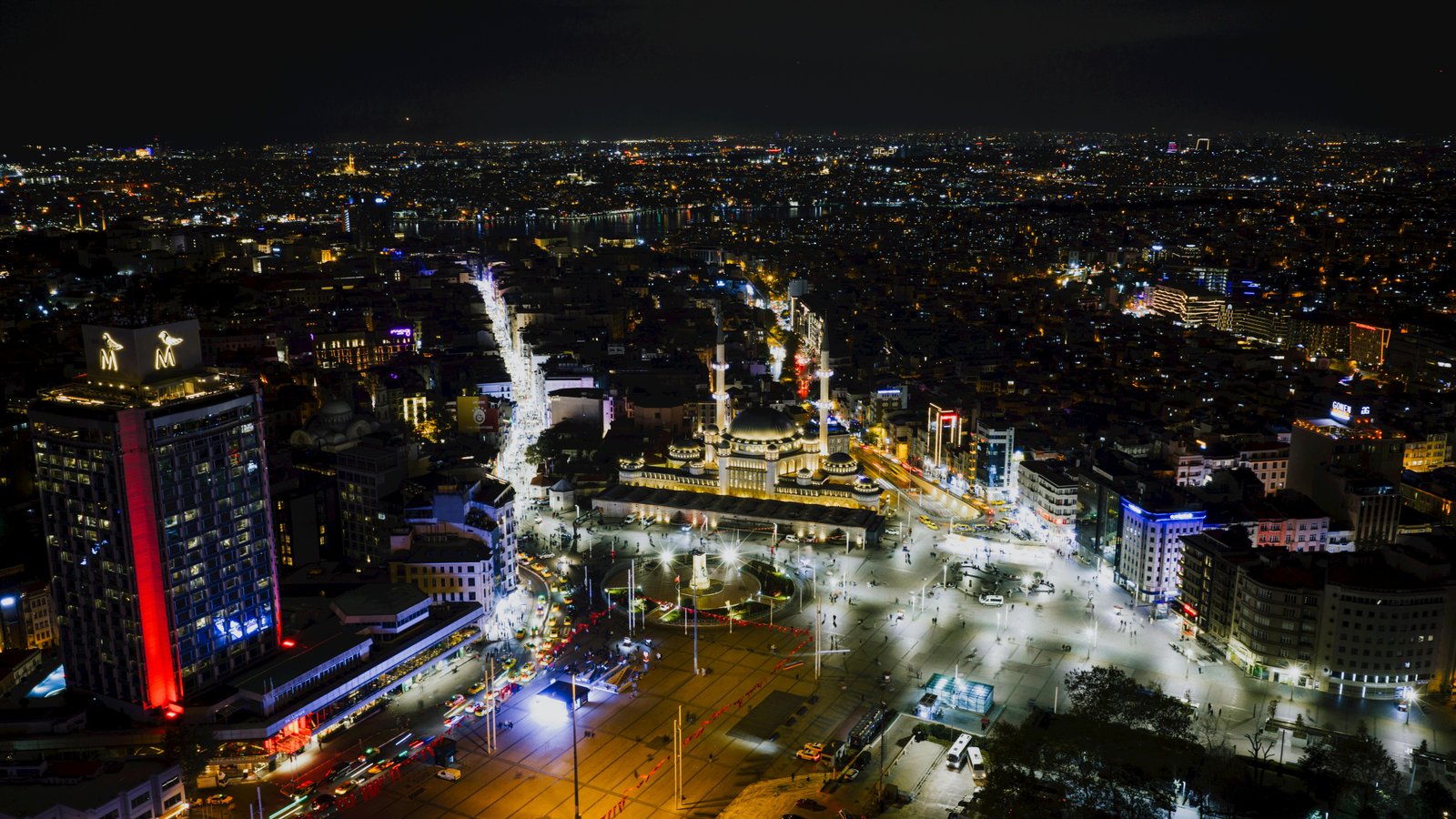Golf equipment has played an outsized role in U.S.–Japan diplomacy over the past decade. In February 2017, Abe presented Trump with a set of premium gold-plated drivers during the former president’s first month in office. The two later played at Trump’s Mar-a-Lago resort in Palm Beach and again outside Tokyo, where professional golfer Hideki Matsuyama joined the round. Those outings were widely viewed as efforts by both governments to showcase personal rapport alongside formal alliance commitments.
After leaving office, Trump has continued to be associated with golf, hosting tournaments at his courses and maintaining relationships with international figures who share the pastime. Abe’s successor appears to be drawing on that legacy by passing along an item tied directly to the late prime minister, whose affinity for the sport was well known among Japanese and American officials alike.
Diplomatic gifts between heads of state and government are typically cleared through official channels and recorded for archival purposes. Items with historical or personal significance, such as sports memorabilia, often serve as tangible reminders of bilateral cooperation. In the United States, gifts valued above a certain monetary threshold must be reported under the Foreign Gifts and Decorations Act; the recipient can choose to purchase the item from the government’s General Services Administration if he or she wishes to keep it. Japanese regulations also require cataloging of gifts given by ministers on behalf of the state.
The United States and Japan maintain a security treaty dating back to 1960 and conduct extensive economic and cultural exchanges. According to the U.S. Department of State, Japan hosts approximately 54,000 American military personnel and remains one of Washington’s largest trading partners (state.gov). Personal relationships between leaders often complement that institutional framework, and the Abe–Trump era was notable for its emphasis on informal settings such as golf courses.
Abe’s death last year drew tributes from across the political spectrum. Trump, who had called Abe a “friend,” issued a statement at the time praising the Japanese leader’s vision for a free and open Indo-Pacific. By transferring Abe’s putter, the current Japanese prime minister appears to be reinforcing that legacy while signaling continuity in the partnership with the United States, even as both countries navigate new domestic and international challenges.
Neither the White House nor Trump’s post-presidential office has commented publicly on whether the former president will retain the club or transfer it to the National Archives, as required for certain gifts. Likewise, Japanese officials have not indicated whether additional commemorative items related to Abe will be presented to other foreign counterparts.
The video of the exchange has been aired by several media outlets but contains limited contextual information. It does not show any formal signing ceremonies or wider delegations, suggesting that the meeting was primarily intended as a courtesy call focused on the symbolic handover.
Shinzo Abe’s use of golf as a diplomatic tool was notable throughout his tenure. He played rounds with former President Barack Obama in 2014 and hosted international figures at courses near Tokyo to foster informal dialogue. Abe often emphasized that shared leisure activities could facilitate frank discussions on trade, security and regional stability—an approach that resonated with Trump, who owns numerous golf properties worldwide.
The latest gift comes at a moment when both governments are preparing for separate sets of political tests: the United States faces a presidential election year, while Japan continues to confront economic headwinds and regional security tensions. Although largely ceremonial, the presentation of Abe’s putter reflects ongoing efforts to keep personal diplomacy at the forefront of the bilateral relationship.
No schedule has been announced for any subsequent meetings between Trump and Japanese officials. For now, the putter stands as a memento of Abe’s influence and a reminder of golf’s unique place in recent U.S.–Japan engagement.
Crédito da imagem: ABC News Live



